Russia-Ukraine: ‘Helping refugees is easy now. It may get harder’ | Russia-Ukraine war
Sonia Nandzik-Herman, 39, is a Polish humanitarian worker who manages ReFOCUS Media, a foundation that teaches media and journalism skills to refugees and marginalised communities to help prepare them to work in the European job market. She works mainly in Lesbos, Greece, but went to the Poland-Ukraine border to aid Ukrainians fleeing the Russian invasion.
She found a “spirit of helping” among Polish volunteers, but, as happened with the 2015 refugee crisis in Greece, she warns that Poland is not ready for the next step of its refugee response and solidarity could wane. This is her account.
In early March, my husband Douglas, who co-founded ReFOCUS with me, and I first arrived at the Poland-Ukraine border to provide immediate aid, do a needs assessment, and make a short documentary about what conditions are like on the ground in Poland and Ukraine.
We first arrived in the small town of Przemysl, about 10km (6 miles) from the Ukrainian border, in the first week of March.
Przemysl, a very old and quiet town, is one of the most crucial points in the region because trains coming from Lviv in Ukraine arrive at the railway station there. There is a reception centre where refugees can get a meal, some aid, and information on what to do next. People also come from Lviv by bus, taxi, or on foot. (As of March 11 the town mayor Wojciech Bakun said about 350,000 refugees had arrived in the town of about 60,000.)
We worked in a very strange place: the reception centre is in an old Tesco superstore which went out of business and has been turned into an aid centre. Just imagine that you enter a huge store, and instead of different goods for sale, you find different aid: here is medicine, here are blankets, here is food.
It is full of people but understaffed. Some refugees stay for several days in the old store. The aid workers and volunteers try to find them accommodation somewhere else so they do not remain there long, but many people are just so confused about what to do next that they stay there, sleeping in this big warehouse.
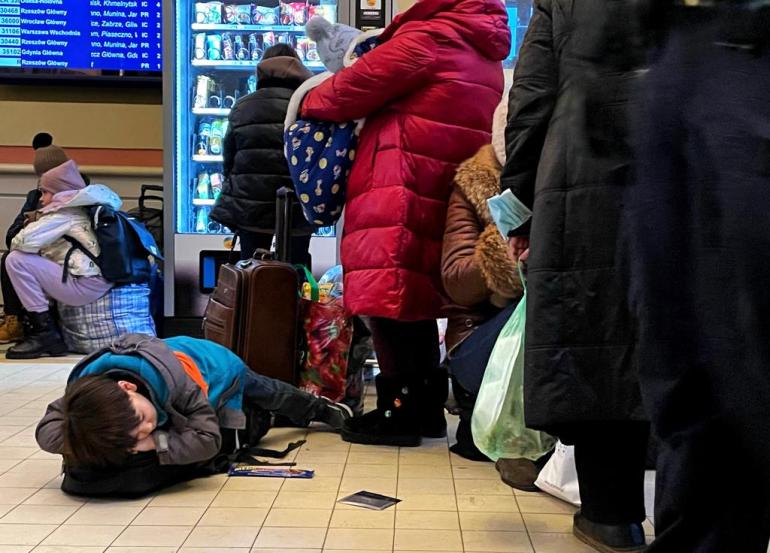
It seems like everybody in Poland is in Przemysl. But it is not like in most places where we have worked before, where everything was at least a bit coordinated – here, everybody is just doing whatever they believe is right, whether it is someone who was running a small shop somewhere in southern Poland who decided to come to distribute food, or this spontaneous movement of people who show up and volunteer to drive Ukrainians to Warsaw and Krakow. It is absolutely crazy. It feels like the whole country is volunteering right now.
The mood is a kind of organised chaos: everybody is running from one place to another trying to help or get information, and there is a lot of aid here. People arriving are a bit confused, but there is no crying. The police, army and firefighters are helping, too, giving out information, blankets, and hot food. And everybody is extremely nice – the spirit of helping is very much present.
Douglas and I entered Lviv (about 80km or 50 miles from the border) in Ukraine on Tuesday, March 15 with a Polish military convoy to deliver humanitarian aid such as insulin and hygiene supplies to a hospital and to document what is happening for ReFOCUS Media to show how people are responding to the crisis. We wanted to help the convoy deliver supplies and our foundation also wants to organise an aid convoy so we wanted to see how it functions.
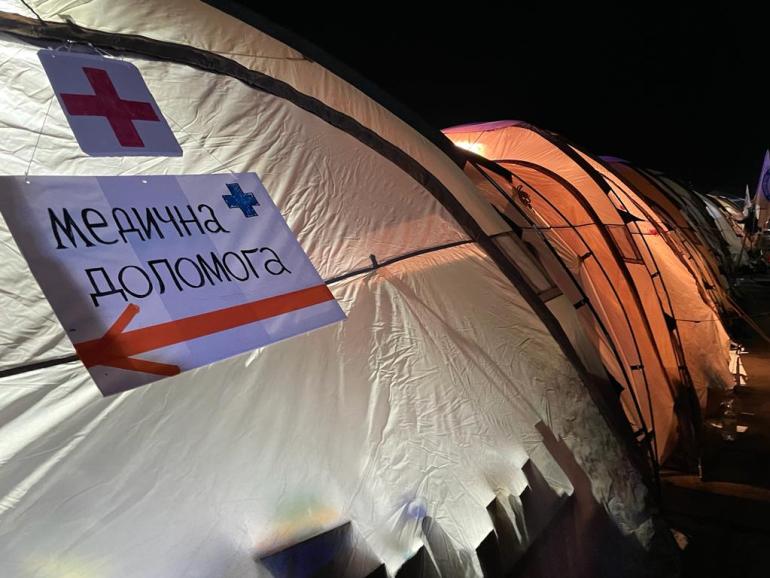
I had not slept the night before, so I fell asleep as we were entering Lviv, but Douglas saw the Ukrainian military digging deep trenches around the city. It was very surreal to be in this city because, on the one hand, life there looked like it might in any other city in Europe. We went to the city centre, and there was music in bars, in restaurants, and then the waitress led us to our table and said, “OK, I have a table for you, far from the window” in case of bombing.
As we were eating, a friend who knew we were in Lviv messaged us from Poland: “There’s an alarm right now, you should be in the shelter.”
We said, “Really? We don’t hear any alarm.”
She said, “That’s because the sound of the sirens doesn’t reach every corner of the city, so everybody in Lviv has an app on their phone that tells them when there’s a potential bombing. I’m looking at the app now, and in Lviv, you should be in a shelter right now.”
It is very strange, but people’s attitudes are a bit like what we saw with COVID: some people treat it extremely seriously and when an alarm goes off, they immediately run to shelters. And some people are like, “We don’t believe it’s going to reach us, at least not yet.” So they continue life as normal.
But then the bombing of the airport near Lviv last Friday morning was very close to us. Only 4km (2.5 miles) away. We heard it and saw smoke from the windows.
In Lviv, the train station is full of people. There is one platform where people leave for Poland, and those trains are extremely full. You do not need a ticket or anything. On trains, everybody sits wherever they can, including on the carriage floor. It is not a comfortable ride. The train company releases a tentative schedule each morning. I saw a recent one – out of eight scheduled trains, three got cancelled and two were rescheduled. And it is not like a 10-minute delay or something; sometimes it is an hour, sometimes three.
Before all this, it took 2.5 hours on the train from Lviv to Przemysl. Now it takes four to 10 hours. The previous week it was 20 hours. This delay is partly because the officials at the border check your documents, and it is not easy to do as the trains are so packed. Two sources told me that there were some men dressed as women who were trying to flee the country (men between 18 and 60 are forbidden from leaving Ukraine in case they are called upon to fight), so they are also checking for that.
The hospital here was super happy with the $150,000 worth of insulin that we delivered, donated by the Polish government. That was crucial for them because they also have many people from eastern Ukraine, not only people who have wounds but people with diabetes or cancer or other diseases who have been moved to this hospital. But the hospital is huge, and I do not know how long the insulin is going to last them.
The hospital staff asked us not to take wide shots of the hospital for our documentary, because they are very afraid that if the shots show enough characteristics of the facility and its surroundings, they would be located and then targeted. (The World Health Organisation has verified 43 attacks on health care including patients, facilities and workers.)
The hospital needs everything. Almost everything except for clothes. Everybody is saying, “We’ve already got so many clothes.”
Most people managed to pack suitcases and have not even had a chance to change clothes while travelling to the border. And most people are going further, deeper into Poland, so sending clothes to the border is not necessary. Some warm blankets, yes, but not clothes; most people just do not need this form of charity.
But they need everything else, from gloves to masks and all hygiene items: toilet paper, wet wipes, pads, diapers, soap, etc. They also need food for the patients. And medicines, most of all.
The mayor said Lviv has an extra 200,000 people right now. Many have found accommodation with regular citizens.
You can find QR codes [posted around town] saying “apartment for a few days”. You scan, it takes you to a map, and you just call and go there. Those are nice gestures of solidarity.
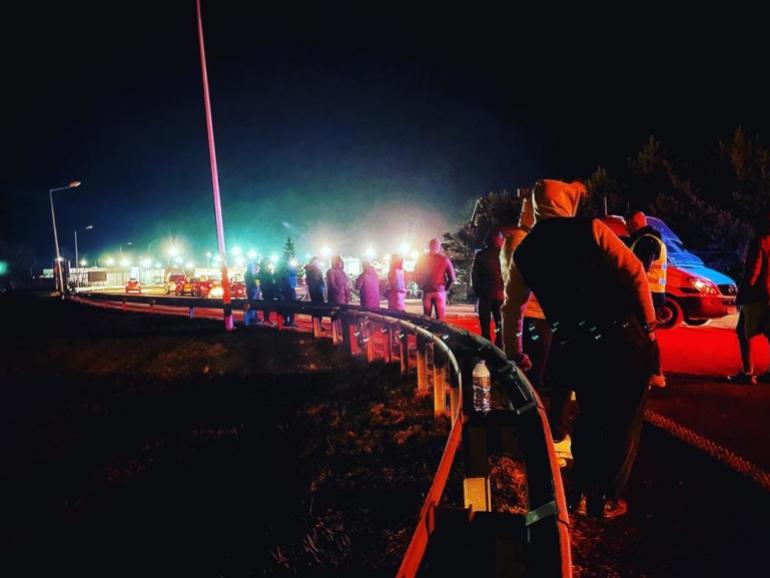
Back in Poland, there is a lot of goodwill towards Ukrainians. Most of the country is convinced that the Ukrainians are fighting for us as well, that possibly Poland is the next target for Putin. Many people believe he is not going to stop at Ukraine, because when he sees the West is not making a very decisive step to stop his invasion, they believe we could be the next target, or if not us then maybe Moldova. Many think his ambitions are simply bigger than Ukraine.
Almost every person I speak to in Poland is in favour of military intervention. Many people are talking about how we should already be in Ukraine fighting alongside Ukrainians.
The people coming to Poland are primarily women and children, like 90-something percent, and elderly people.
We have more than two million refugees right now. I do not believe that Poland will be able to lift this weight. We are not prepared for the next step.
The first response is easy. Anybody can distribute blankets, make sandwiches, direct people to centres. That is not difficult.
But it will be a huge burden for the labour market. It is all women and children, and the men are in their 60s. It has already started – there are so many offers of babysitters and nannies by Ukrainian women trying to make money, which generally is great, but there are simply too many. With the arrival of so many Ukrainian refugee women, the market has completely shifted. My sister could not find a babysitter half a year ago. Now she can choose from 25.
For sure some people will take advantage of the situation. People will be desperate and will end up working without benefits, without paying taxes, without insurance.
Everybody is going to the big cities like Warsaw and Krakow, so housing is already a problem there. It is not like we had hundreds of thousands of available apartments for people in the cities. And in cities like Warsaw, the cost of rent is enormous. People are willing to host Ukrainians right now, but just for a few weeks, not months or years.
Greece, where I work normally, has already offered to take Ukrainians and said they are going to put them in a camp close to the Macedonian border. It is not going to be a nice place where you can live your normal life, send your kids to school every day. Those camps are usually very far from city centres. It is going to be difficult for them.
On Lesbos now, the refugees arriving are predominantly Afghans. I cannot even find words to make a comparison between their situation, and the response to their crisis, versus what Ukrainians are getting right now. It is unbelievable. After what we saw this winter with refugees stuck at the Poland-Belarus border and reports of illegal pushbacks by Polish border guards, it was hard to believe that Poland would respond to the Ukrainian crisis with open arms.
Unfortunately, there is xenophobia happening here. It seems it is easier for a white person to see themselves in a blue-eyed Ukrainian mother than a teenage Syrian boy, even though they are both escaping from unimaginable violence.
Let us also remember that back in 2015, at the beginning of the Syrian refugee crisis, the Greek islanders stepped up. Lesbos had a humanitarian response; people were going to sea to help those who were drowning. Restaurateurs would cook food for them, make them tea; local people responded with everything they had, all their resources – people today forget that the fishermen were even nominated for the Nobel Peace Prize. But that was before the local people got tired of this crisis and the lack of help from the European Union. And so now, years later, the situation is completely different. The far-right and the fascists have become vocal.
We have forgotten how it was at the very beginning, and we need to remember this because it can go the same way in Poland. Now, yes, people open their houses, they bring resources to the border. But if this aid is not coordinated smartly, and if good laws are not put in place to bring Ukrainians – especially and specifically Ukrainian women – into the job market, then Polish society may also end up turning its back on refugees. Just as parts of Greek society did.
As told to Delaney Nolan
This account has been edited for clarity and length.

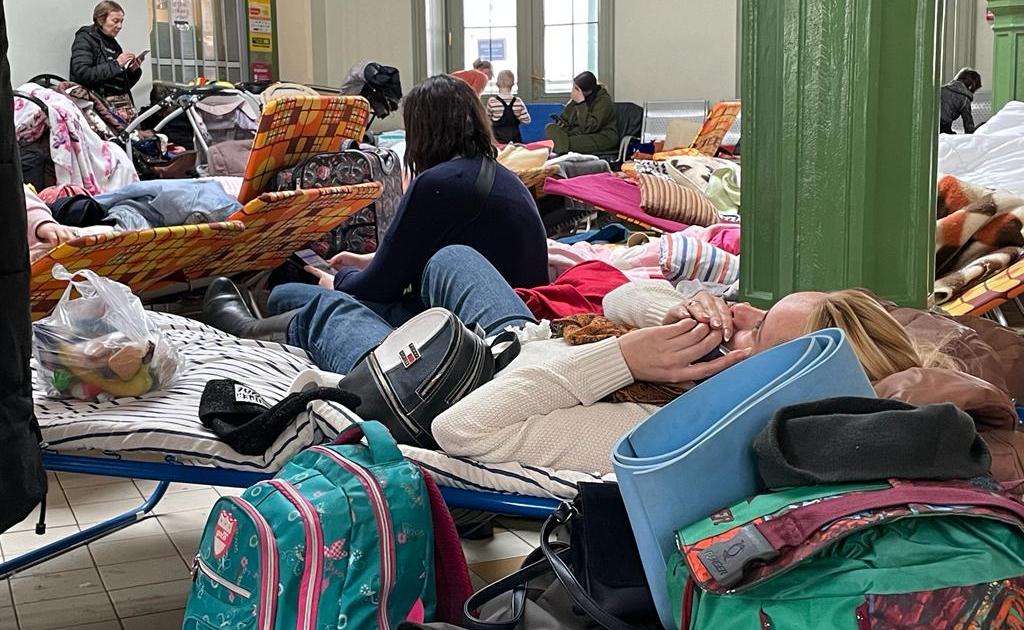

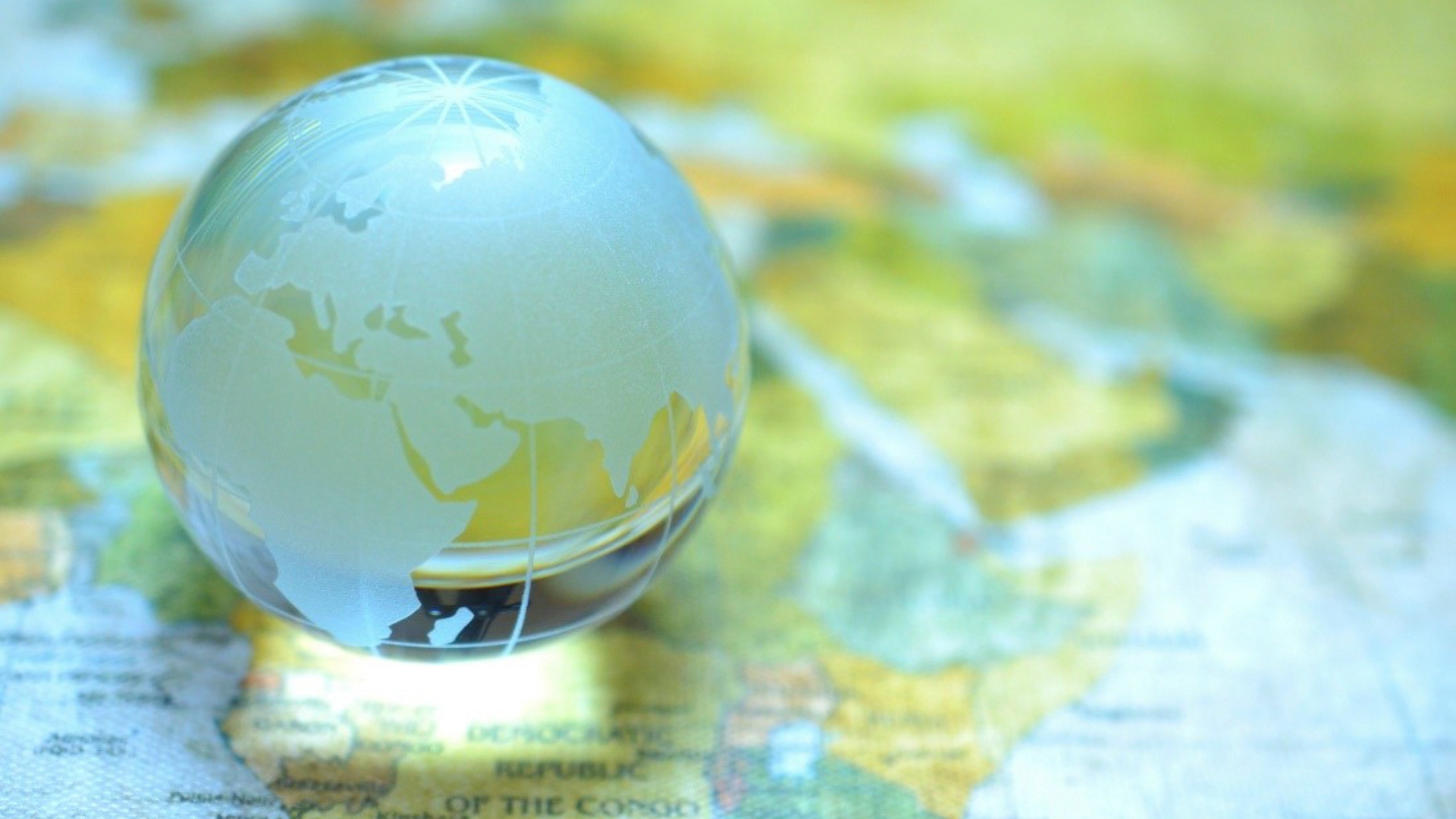

Pingback: 주식커뮤니티
Pingback: 토렌트 다운